## Metallic Mayhem: Can Time Travel Save Us from a Future of Rust?
Imagine a world choked by a relentless rain of metal, where rusted remnants litter the landscape and technology lies shattered. This isn’t a dystopian nightmare, it’s the chilling future awaiting us in Decade, a captivating point-and-click adventure from the masters of narrative storytelling. But there’s hope: A team of unlikely heroes, armed with nothing but wit and a time machine, stand ready to rewrite history and save humanity from this metallic hellscape.
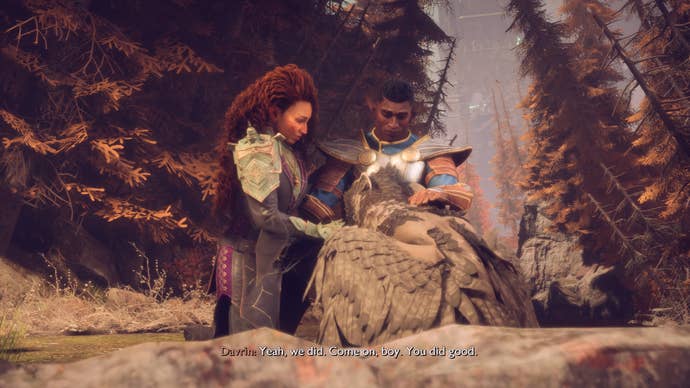
Gameplay and Mechanics
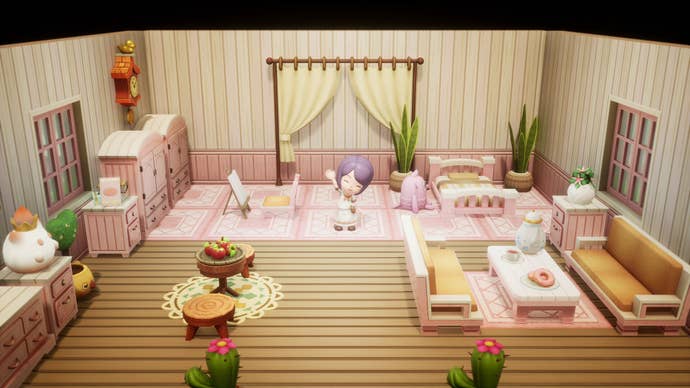
Decade’s point-and-click gameplay is a masterclass in balancing accessibility with clever challenge. The core mechanics are familiar: click on objects to examine them, interact with characters, and solve puzzles. However, Decade elevates these fundamentals by weaving in the unique element of time travel. The protagonists can rewind time, altering past events and creating cascading effects on the present. This adds a layer of depth and complexity to puzzle-solving, requiring players to think not just about immediate actions, but about the long-term consequences of their choices.
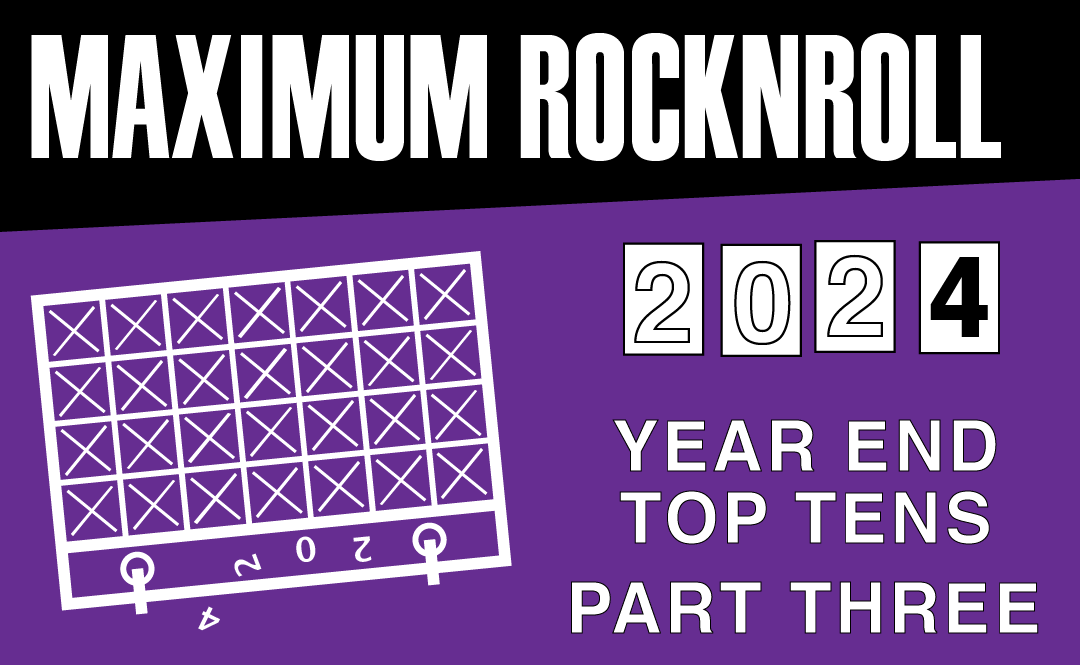
Imagine a puzzle where a key is needed to unlock a door, but the key is hidden in a location that only becomes accessible after a specific event occurs in the past. By rewinding time, players can manipulate the environment, triggering that event and making the key appear. This dynamic interplay between past, present, and future keeps the gameplay fresh and engaging, demanding strategic thinking and meticulous planning.

Time Travel as a Puzzle Solving Tool
Decade’s time travel mechanics are more than just a novelty; they are intricately integrated into the core gameplay loop. Time rewinding isn’t a simple undo button; it’s a tool with limitations and consequences. Players have a limited number of rewinds, forcing them to choose their moments carefully. Furthermore, actions in the past can have unintended ripple effects in the present, creating new obstacles or altering the environment in unexpected ways. This adds a layer of risk and reward to time manipulation, encouraging players to think several steps ahead and consider the wider implications of their actions.

Character Interactions and Storytelling
Decade’s narrative thrives on the dynamic between the young protagonists and the adults they encounter in the past. These interactions are not simply plot devices; they are opportunities for exploration and character development. The children, with their innocent perspectives and limited understanding of the world, interact with the adults in ways that highlight the complexities of time travel and the consequences of past actions.
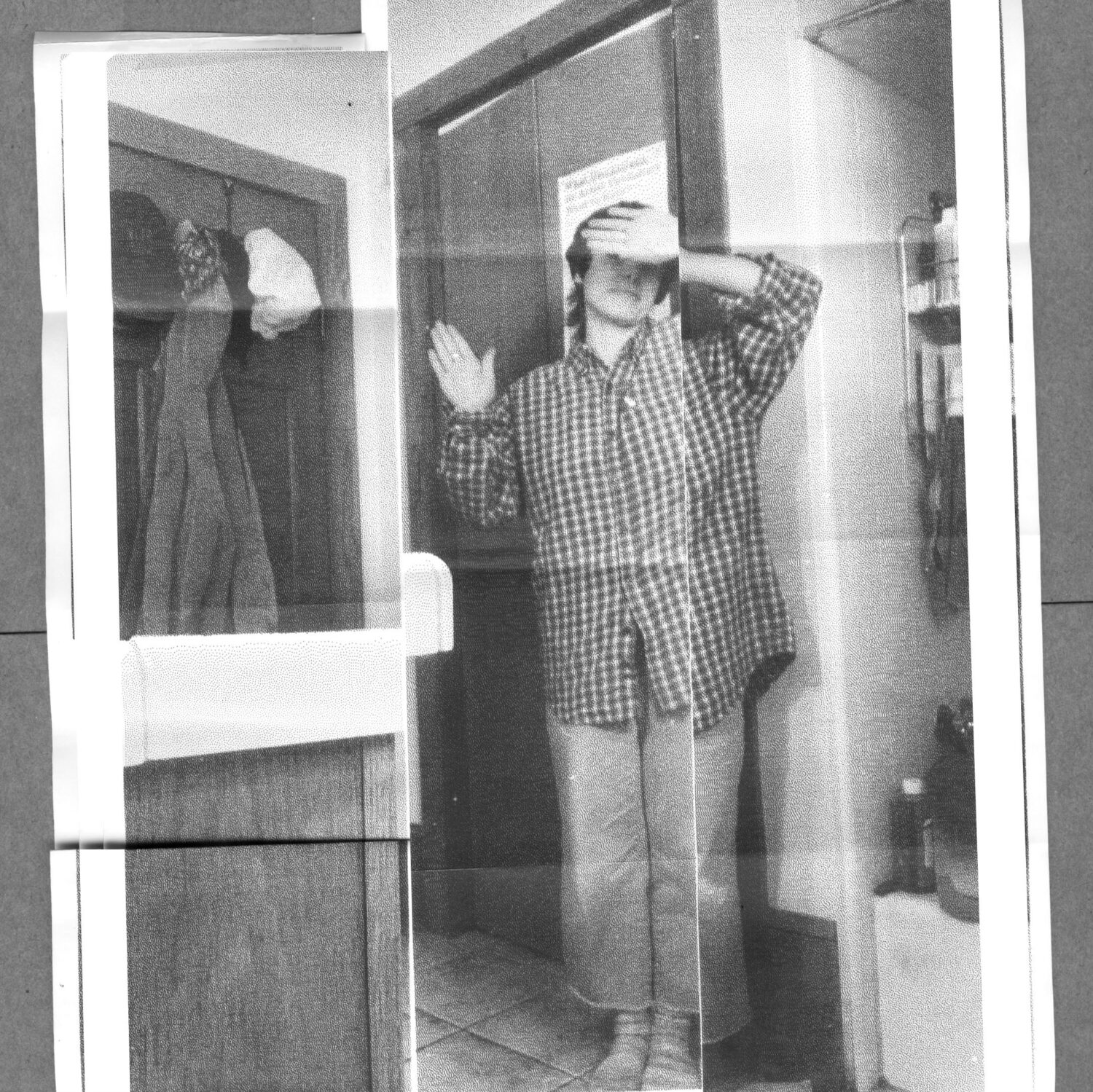
For example, a child might unknowingly reveal a crucial piece of information to an adult in the past, leading to a chain of events that alters the present in unforeseen ways. These interactions raise ethical questions about the nature of free will and the responsibility of altering the past. The game encourages players to consider the potential ramifications of their actions and the impact they have on the lives of others.
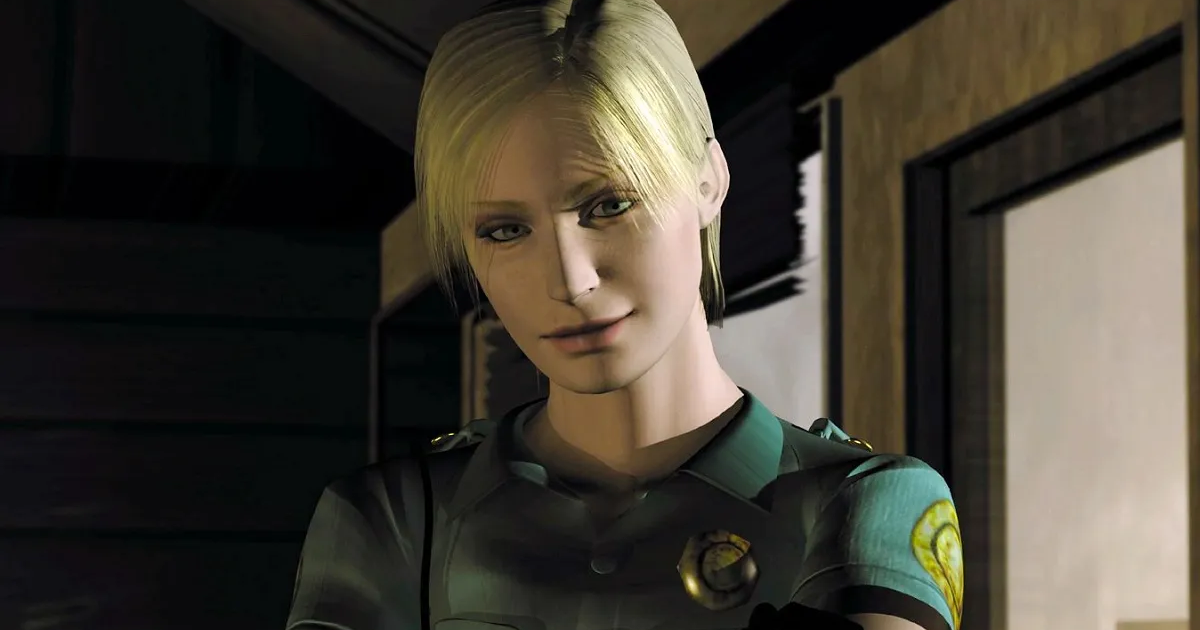
Exploring Moral Ambiguity
Decade doesn’t shy away from moral ambiguity. The characters, both young and old, are complex and flawed, driven by their own motivations and desires. There are no easy answers or clear-cut heroes and villains. Players are presented with challenging choices that force them to grapple with difficult ethical dilemmas. For example, the protagonists might discover a terrible secret about a beloved figure from the past, leaving them to decide whether to expose the truth or protect the individual from harm.
These moral complexities add a layer of depth and richness to the narrative, making players question their own values and beliefs. Decade’s exploration of these themes resonates with players who seek more than just a simple good-versus-evil story. It’s a game that stays with you long after the credits roll, prompting reflection and discussion about the nature of time, responsibility, and the choices we make.
Decade’s Place in the Gaming Landscape
The Appeal of Retro-Futurism
Decade’s aesthetic, a blend of vintage futurism with a touch of gritty realism, perfectly encapsulates the enduring fascination with retro-futurism in gaming. This genre, which imagines the past’s vision of the future, has a long and rich history in video games, dating back to classics like Tron (1982) and The Last Starfighter (1984). Recent titles like Outer Wilds (2019) and Returnal (2021) have further cemented the genre’s appeal, demonstrating its ability to evoke a sense of wonder and nostalgia while exploring complex themes.
What makes Decade’s take on retro-futurism particularly compelling is its grounded approach. While the game features advanced technology, it’s presented in a way that feels both plausible and relatable. The world is infused with a sense of lived-in history, suggesting that this retro-future is not a distant utopia but a tangible reality with its own complexities and challenges. This grounded approach allows players to connect with the world on a deeper level, immersing themselves in its atmosphere and engaging with its themes.
A New Take on Time Travel
Time travel is a well-worn trope in gaming, but Decade offers a fresh perspective on the concept. The game’s use of time travel as a puzzle-solving mechanic, combined with its focus on the personal consequences of altering the past, sets it apart from other time travel games. Decade avoids the pitfalls of becoming bogged down in complex paradoxes or overly convoluted plotlines. Instead, it focuses on the human element, exploring the emotional and ethical dilemmas that arise from manipulating time.
In essence, Decade takes the familiar concept of time travel and elevates it to new heights by grounding it in relatable characters, compelling storytelling, and innovative gameplay mechanics. It’s a game that challenges players to think critically about the nature of time and the consequences of their actions, leaving a lasting impact long after the final scene fades.
Conclusion
So, there you have it: Decade, a point-and-click adventure that dares to weave a tale of time travel, environmental catastrophe, and the weight of responsibility on young shoulders. We’ve explored its intriguing premise, its vibrant visual style, and the intriguing puzzles that challenge players to think outside the box. But beyond the mechanics and the aesthetics, Decade poses a profound question: what are the sacrifices we’re willing to make for the future?
Sending children back in time to avert a dystopian future is a bold concept, one that forces us to confront the ethical dilemmas inherent in manipulating the past. Decade doesn’t shy away from these complexities, instead using them as fuel to ignite a deeper conversation about our relationship with the planet and the choices we make today. This isn’t just a game about solving puzzles; it’s a journey into the heart of our collective responsibility. Will we heed the call of time and strive to build a better future, or will we let the metallic rain of consequence fall upon us all?
The answers, as Decade suggests, may lie in the hands of the next generation.